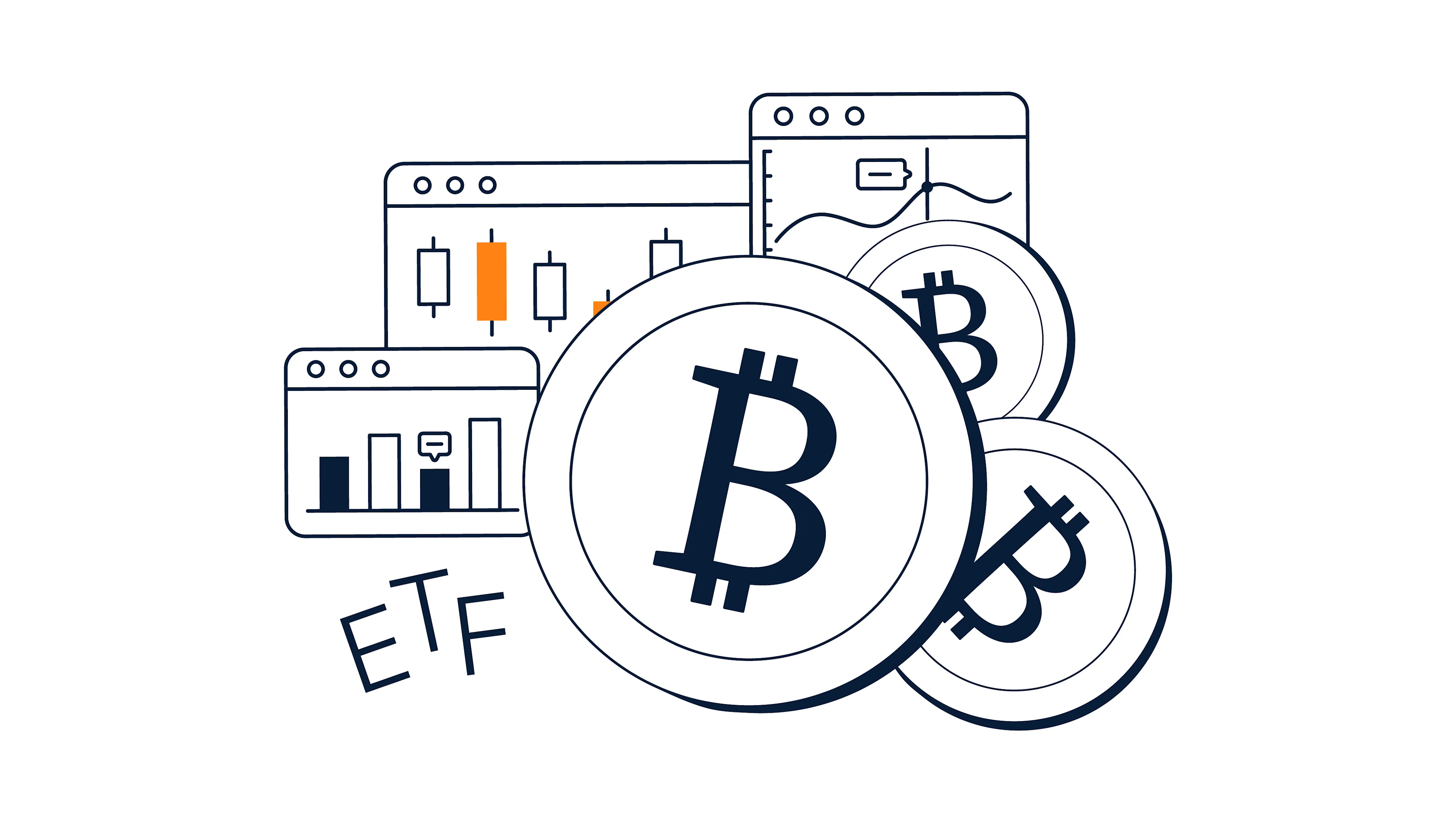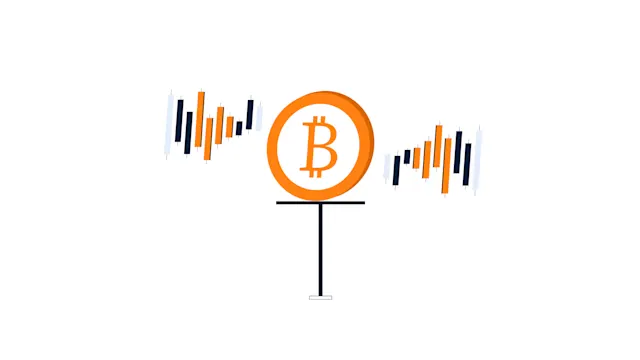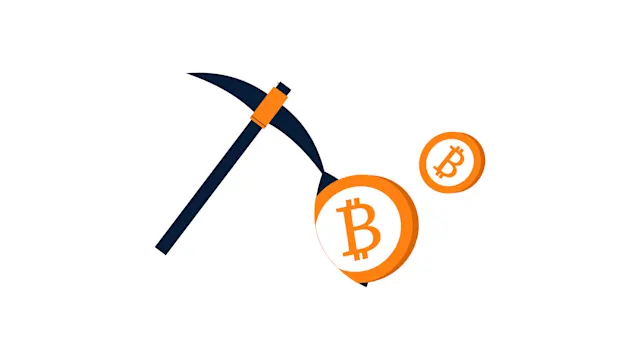
The Bitcoin ETF
In the wake of the spot bitcoin ETF's recent approval, there's a growing curiosity about the intricacies of ETFs and their distinctions from direct bitcoin purchases.
In the wake of the spot bitcoin ETF's recent approval, there's a growing curiosity about the intricacies of ETFs and their distinctions from direct bitcoin purchases. This post aims to unravel the mysteries surrounding Bitcoin Exchange Traded Funds (ETFs), delving into their inherent characteristics and functionality, and explaining the difference between investing in bitcoin, and investing in the Bitcoin ETF.
What is an ETF?
An Exchange Traded Fund (ETF) is an investment product tradable on stock exchanges, holding assets like stocks, bonds, or commodities. ETFs issue shares representing these assets, allowing investors to gain exposure without direct ownership.
What is a Bitcoin ETF?
A Bitcoin ETF exclusively holds bitcoin, offering investment exposure without direct ownership. Unlike holding bitcoin, ETFs incur ongoing management fees and limit users' ability to control their bitcoin.
How Bitcoin ETFs Operate?
Shares and Trading:
ETF shares represent portions of the fund's bitcoin holdings.
Traded on stock exchanges, share prices fluctuate based on bitcoin's demand and supply.
Premiums and Discounts:
Increased demand causes a premium to Net Asset Value (NAV).
Authorized Participants (APs) create new shares by delivering cash to the ETF Provider and buying and depositing bitcoin to the custodian.
Redemption Process:
A discount to NAV triggers APs to gather shares and return them, redeeming for the cash value of underlying bitcoin.
Maintaining NAV Alignment:
APs participate in trading to minimize deviations from NAV, ensuring the ETF tracks bitcoin's market price.
Conclusion:
Bitcoin ETFs, through meticulous processes involving APs and ETF Providers, aim to closely align share prices with bitcoin's market movements. Understanding these dynamics provides insights into the functionality and liquidity of Bitcoin ETFs globally.
Should You Buy a Bitcoin ETF?
When delving into bitcoin, the decision between purchasing shares of a Bitcoin ETF or acquiring bitcoin directly arises. The choice ultimately lies with you. Before making your decision, contemplate the following factors:
Management Fees:
Bitcoin ETFs incur ongoing management fees, a percentage of the total fund value, eroding long-term value.
Direct ownership involves no such fees, allowing for sustained value retention.
Control of Funds:
Direct bitcoin ownership provides the freedom to move assets at your discretion.
ETF shares are confined to brokerage services with limited transferability.
Trading Access:
Bitcoin ETFs trade during market hours, while direct ownership allows 24/7 buying and selling.
Direct ownership offers flexibility, particularly during periods of market volatility.
Counterparty Risk:
ETFs involve trust in third parties, including the ETF Provider, custodian, and Authorized Participants.
Direct ownership grants control over where and how your bitcoin is held, minimizing reliance on external parties.
Your decision hinges on personal preferences, convenience, and risk tolerance. While some appreciate the ease of using a brokerage account, others value the control and flexibility of direct bitcoin ownership.
In conclusion, whether you opt for a Bitcoin ETF or direct ownership, understanding these considerations ensures a well-informed investment strategy tailored to your preferences and objectives.



